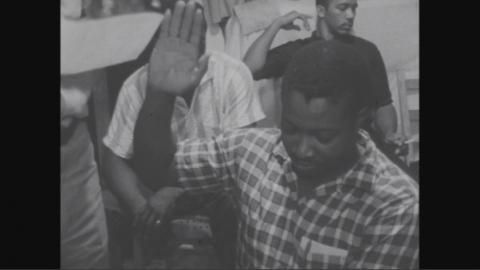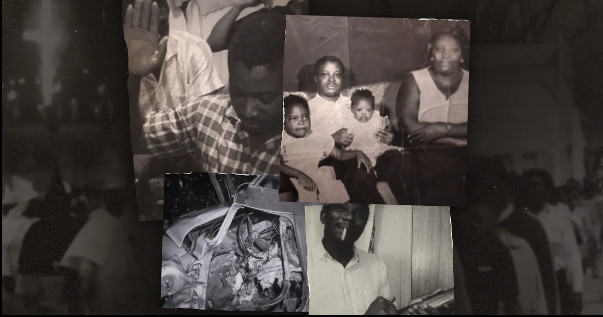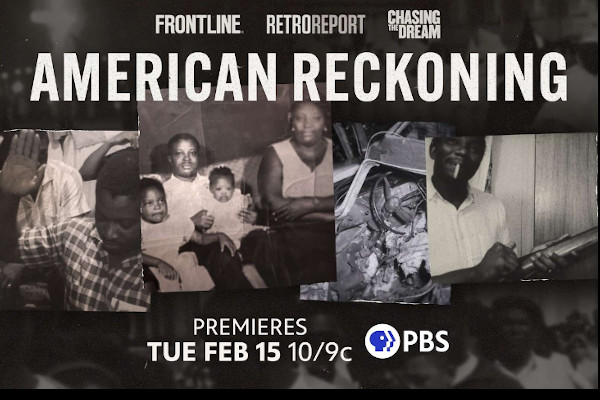PBS’ ‘American Reckoning’ Focuses on the Necessary Quest for Civil Rights Justice

A car bomb attached to his left-turn signal killed Wharlest Jackson Sr., on February 27, 1967, in Natchez, Mississippi. Despite evidence pointing to the inner circle of the KKK, no one was ever charged in the death of the civil rights activist and father of five.
The new feature-length documentary, American Reckoning, from Frontline and Retro Report, with support from Chasing the Dream, follows Jackson’s cold case, including the events leading up to the murder and the ensuing investigation.
Jackson’s murder is part of a “much larger narrative about how the U.S. has failed to deliver justice to the Black families of the men and women who were victims of racial violence during the civil rights struggle,” says the documentary’s co-director, co-producer, and journalist Yoruba Richen in a PBS interview.

His story comes to life with rare archival footage shot in Natchez more than 50 years ago—some never shown before—and made available through the Amistad Research Center, alongside interviews of people who were there and whose lives were forever changed—including three of Jackson’s kids and two kids of KKK members—along with FBI agents and journalists.
Pacing through the unresolved murder and the lack of answers provided by the police and FBI, we’re feeling the hopelessness, when the story fast-forwards 40 years, to 2007. The eminent John Lewis emerges on the scene, introducing the Emmitt Till Unsolved Civil Rights Act to Congress. And then he pays a visit to the Jackson family, promising them hope—though even he can provide only so much.
“America’s going to have to answer for the injustices that they have caused our people for many years,” says Debra Jackson, one of Jackson’s daughters.
Interwoven with Jackson’s murder, we watch the rise of a local chapter in the ‘60s of the little-known Deacons for Defense and Justice, an armed resistance group headed by charismatic local barber James Jackson. They protected Natchez’s Black community from armed KKK violence, and they enforced a boycott of White businesses that forced the White power structure to give in.

“The intention was to create [in the retelling of American history] this narrative of peaceful resistance, that people died for a reason,” says Richen in a PBS interview. “That’s not the reality that we’re living with. The denial we’ve had in this country for a long time is apparent. It’s people denying the impact of slavery and of Jim Crow and of systematic racism and of education, saying it doesn’t exist. The facts speak for themselves.”
“The history of Black resistance has been erased in Natchez and in all of America,” Wharlest Jackson Jr., says. “They don’t want to have anything that might make White people feel uncomfortable. The Natchez boycott doesn’t fit that narrative. The Deacons don’t fit that narrative.”
American Reckoning, part of Frontline’s multiplatform initiative Un(re)solved to tell the stories of more than unsolved 150 victims of civil rights era murders, zeros in on the unfinished quest for justice, and it is a must-see for anyone living in modern-day America.
The documentary premieres on PBS on February 15, 2022 at 10/9c.
Author Bio:
Barbara Noe Kennedy worked as an editor at the National Geographic Book Division for more than 20 years. She has written four books, and her writings have also been published in National Geographic, The Daily Telegraph, and the Los Angeles Times, among other publications. She is a contributing writer at Highbrow Magazine.
For Highbrow Magazine































































































































































































































































































































